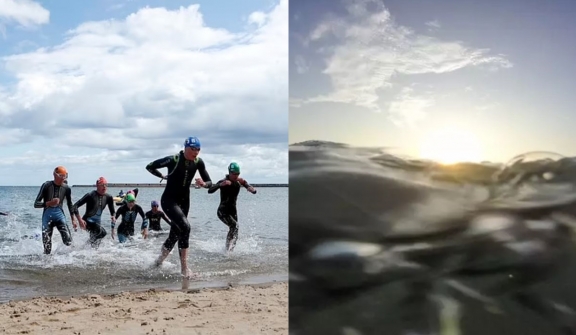
Health authorities have verified that more than 57 people have fallen sick and are suffering from diarrhea after swimming in the sea during the World Triathlon Championships in Sunderland, where roughly 2,000 athletes competed.
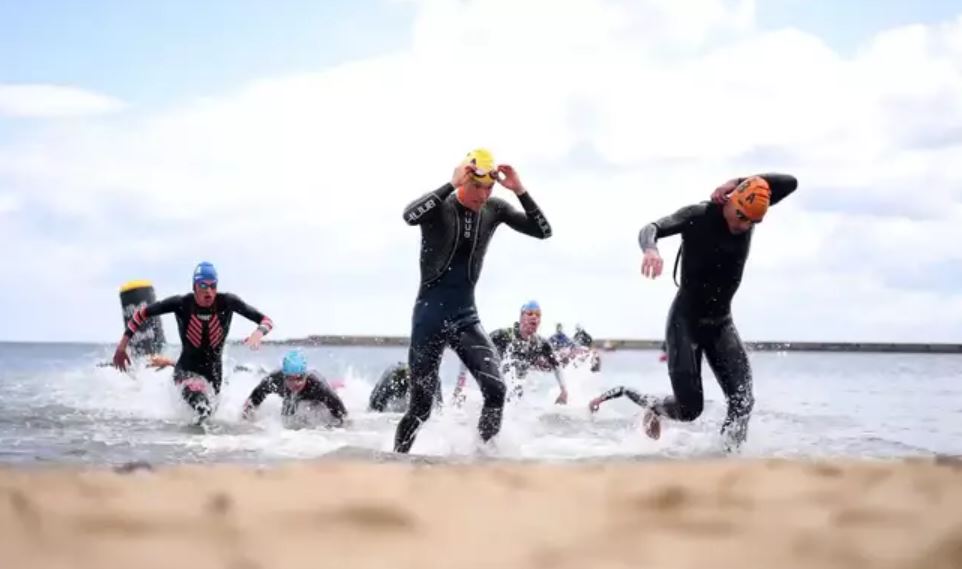
The event takes place in the sea at Roker Beach, which received a prestigious Blue Flag award for its cleanliness just two years ago.
However, a test conducted by the UK's Environment Agency just three days before the event revealed that there were 3,900 E. Coli colonies per 100ml, nearly 40 times higher than typical readings in June.
Severe stomach and life-threatening bouts of diarrhea can be caused by E. Coli bacteria.
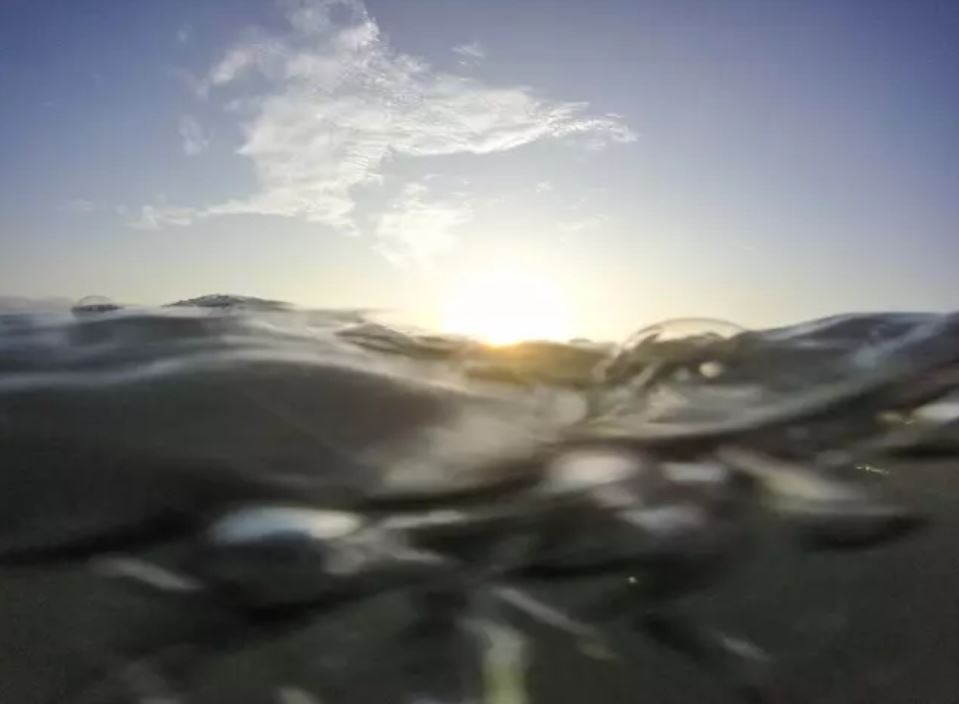
According to The Guardian, the British Triathlon, which runs official triathlons in the UK, stated that the published test results were conducted after the event and outside the area where their sea swimming event took place.
They emphasized that their own tests showed the waters met the required standards for the triathlon.
However, this incident of diarrhea outbreak coincides with British beaches experiencing a deluge of raw sewage being released into the waters where people swim every day.
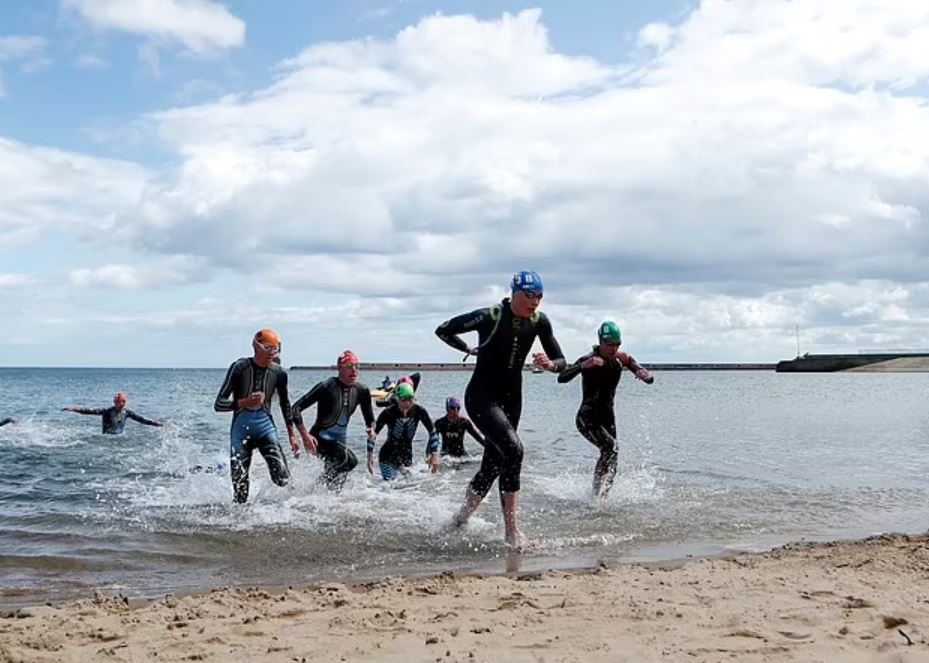
The cause of this contamination remains unclear; however, British Triathlon has taken action and is collaborating closely with the UK Health Security Agency (UKHSA) to uncover why the pathogens were in the water.
The UKHSA said, 'UKHSA is working with British Triathlon to encourage anyone who participated and has or had symptoms after the event to contact the organizers. The organizers will then pass on the details to the UKHSA North East Protection team, who will undertake an investigation of the cases.'
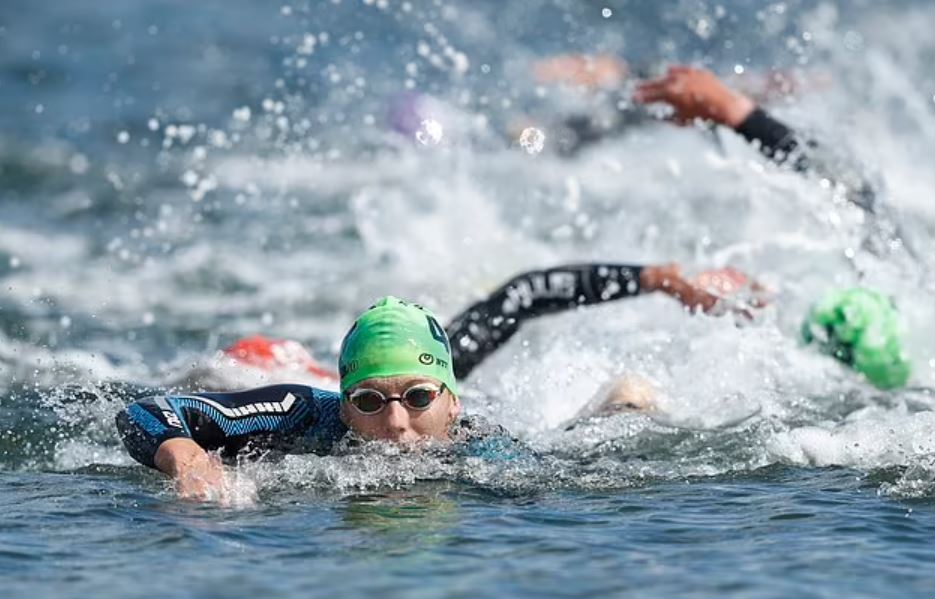
A government warning has been issued regarding the hazards of open swimming.
It read: “Open water swimming can increase the risk of gastrointestinal illnesses, or stomach bugs, which may cause diarrhoea and/or vomiting, as well as respiratory, skin, ear and eye infections.
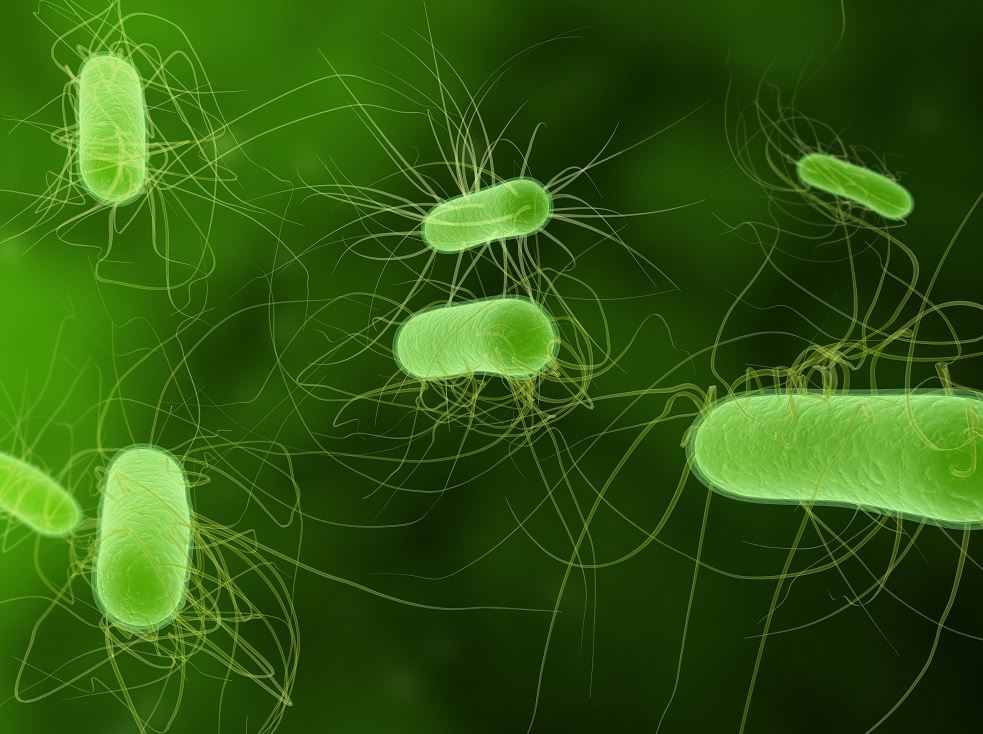
“Most symptoms of these illnesses caused by micro-organisms such as norovirus, giardia and cryptosporidium, will generally be mild.
“However, there is also a risk of more severe infections caused by micro-organisms such as E.coli O157 which may cause severe gastrointestinal illness and leptospirosis (Weil’s disease), which can cause liver and kidney problems.”




